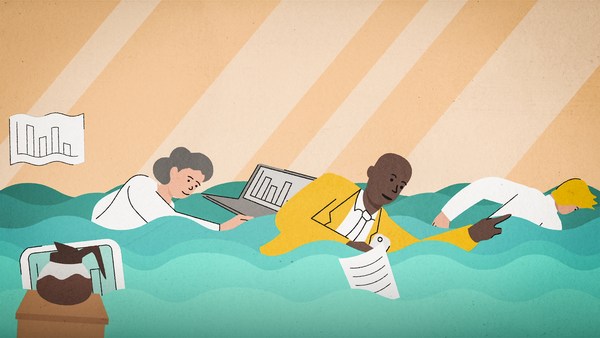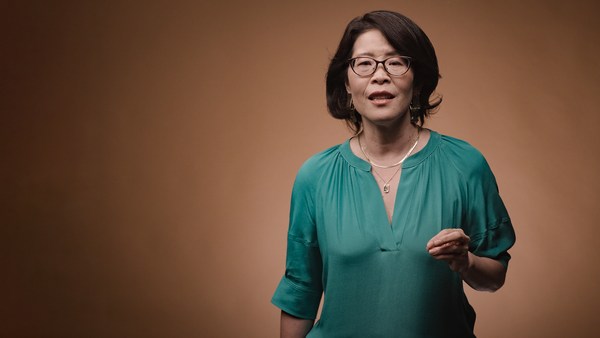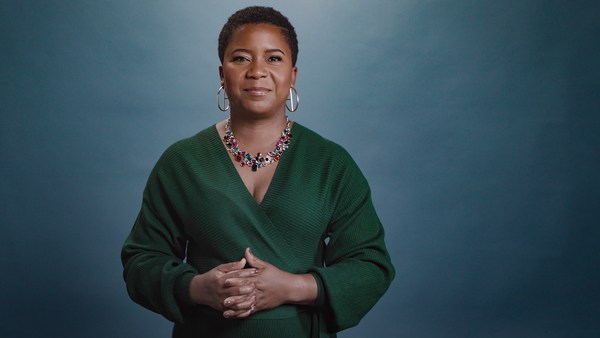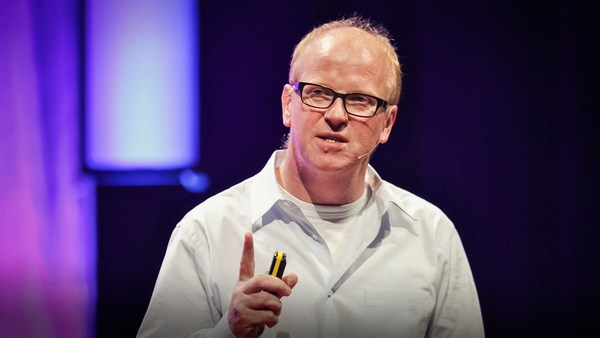How many jobs have you had? How many do you expect to have over the course of your career? Well, the scary thing is that number has historically been around 12. But in the future, I predict it'll be closer to 20 or 30 or more. And a lot of those jobs don't even exist yet. This future of work sounds overwhelming, especially when you take into account our old-fashioned system of resumes, job postings and applicant tracking systems. It's hard enough to navigate just a single career transition, but you're far more prepared than you think to navigate your next job change and all the ones that come after.
[The Way We Work]
I’m Dr. Michelle Weise, and I advise companies and educational institutions on how to prepare workers for successful and longer careers. Right now, I want to talk about how you can navigate that longer career, starting with your next job change.
Number one, highlight your human skills. When we talk about skills, we tend to focus on hard skills like coding, editing, data visualization or budgeting. But human skills need to share the spotlight, too. These are skills like adaptability, collaboration, exercising judgment or mediating tense situations. They may not always show up in obvious ways on your resume, but they have enormous value. To surface your human skills, make a timeline of all of your experiences, both personal and professional. Do you see patterns? Have certain skills grown over time? Maybe your stint as a barista made you a great team player or good at communicating in chaos. Or maybe your experience as a caregiver for a child or someone with special needs gave you strengths like patience or empathy, which informs how you design human-centered digital products or guide teams through a reorganization. Human skills are deeply transferable. You might surprise yourself by how prepared you already are for your next role.
Second, become a skills translator. You need to translate your skills into the language of your prospective employer. Research the industry you want to move into because the same skill can have vastly different meanings depending on the context.
For instance, when a marketing position is asking for a candidate who's strong in communication, they're usually looking for you to display storytelling or branding skills. But when a behavioral health position mentions communication, it's likely the employer is looking for your experience with counseling or crisis management. Become their translator.
Third, find data in discomfort. At work, when do you feel uncomfortable? Maybe you feel out of depth when people bring up a new technology or a platform, or maybe someone at your current organization got the raise or promotion that you wanted? Pay attention to those signals. That kind of discomfort is good. It's data telling you where you need to level up. Sign up for a course to get up to speed on that new platform or application. Transform that discomfort around your skills gaps into action.
Finally, get picky. You shouldn't be the only one committed to your skill development. Your employer should be too. The next time you change jobs, try to choose a company or organization that is building talent from within. Look at LinkedIn and see if people have risen within the company. Ask during the interview whether there are clear road maps for internal advancement. The reality is, most companies have so much work to do when it comes to recognizing human skills, spotting talent in unexpected places and cultivating the careers of their own employees. You want an employer that takes the long view on your career and can help you fill your skills gaps on the job.
Even if the job market can feel broken at times, remember, you can take control, you can steer the process, you can surface your hidden skills, translate your strengths and level up your gaps. You can show employers new ways to think about why they should hire you. And when you do, all of those lane changes ahead will feel a whole lot less intimidating and maybe even a little exciting.





